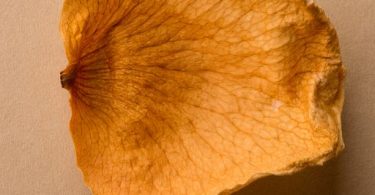Perceived age is a combination of chronological age and psycho-sociological age. Based on temporal markers, wrinkles, brown spots, nasal fold… it is also intimately linked to subjective factors such as self-image.
The perceived age of the face is scientifically associated with general aging.
A Danish study of a cohort of 1826 twins over 70 years old has shown that high perceived age is associated with an increased risk of morbidity and mortality (1).
Even more surprising, a team of Dutch researchers has established a correlation between glucose metabolism and perceived age assessed by facial pictures in 602 patients. The result is clear: the perceived age increases linearly with the glucose level (including in non-diabetic subjects) (2).
Evidence suggests that glycation and AGE formation is the mechanism that associates glucose levels with perceived age. Thus, by acting on skin proteins (collagen and elastin), glycation, the reaction of glucose on amino acids, generates cross-links that lead to skin aging itself associated with perceived aging.
Systematically evaluated by the doctor, the perceived age of the face, can easily assess the risk of premature aging of a patient.
@AGE BREAKER, update 02 2020
[Glycation is one of the major causes of aging. Resulting from the fixation of sugars on the proteins constituting the organism, glycation generates toxic compounds that cause cellular aging. Glycation is particularly involved in metabolic disorders, skin aging and cognitive decline.] [AGE BREAKER SKIN HEALTH, patented nutritional supplements, based on rosmarinic acid, recognized by aging specialists around the world for their properties to reverse the effects of glycation.](1): K. Christensen and Al. Perceived age as clinically useful biomarker of ageing: cohort study. Institute of Public Health, University of Southern Denmark, Odense C, Denmark. BMJ 2009 Dec 10;339:b5262.
(2): R. Noordam and Al. High serum glucose levels are associated with a higher perceived age. Dpt of Gerontology, Leiden University Medical Center, Leiden, The Netherlands. Age (Dordr). 2013 Feb; 35(1): 189–195.
Photo ; jayyoungart









